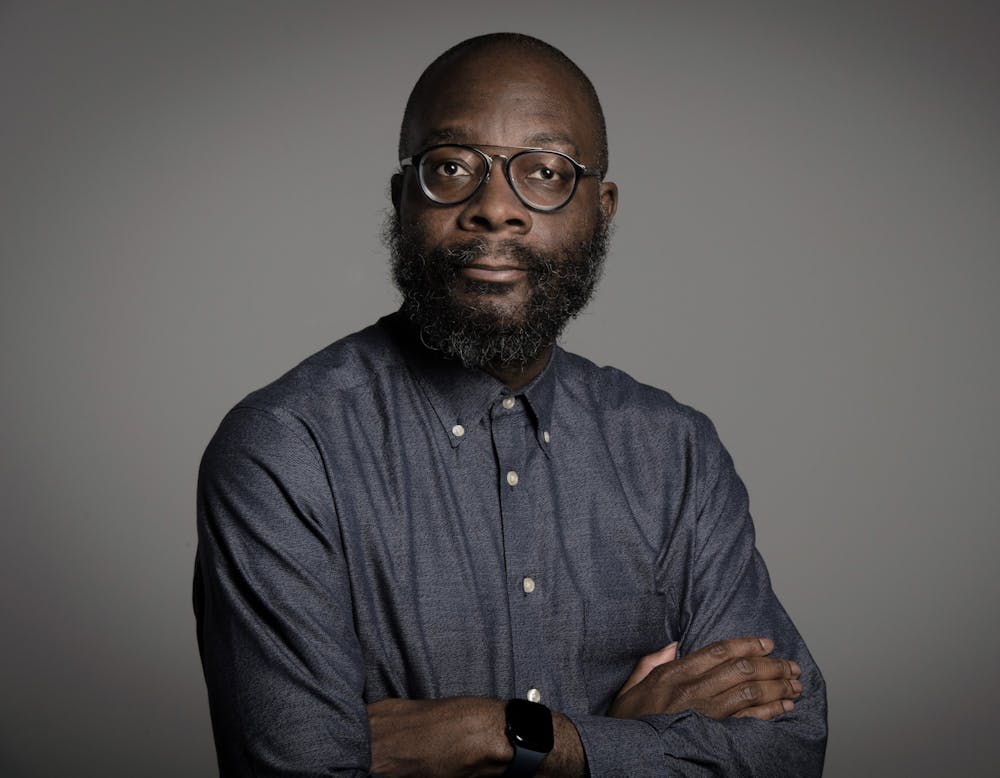During the 1998-99 school year, Sharif Durhams, the first Black editor-in-chief of The Daily Tar Heel, led the newsroom’s coverage of two massive events: former President Bill Clinton’s impeachment and the Columbine High School massacre. He had “unusual” poise, comfort and journalistic judgment at such a young age during this time, Rob Nelson, a former colleague, said.
“Here he was, as a senior in college, making major coverage decisions about two stories that the nation — everyone in media was covering,” Nelson, who was Durhams’ managing editor in 1998-99 and his successor as the second Black editor of The Daily Tar Heel the following year, said.
Nelson said that when it came to major coverage, Durhams was “in a league of his own.”
On June 5, The Atlanta Journal-Constitution named Durhams as its managing editor of news. Durhams, 46, will be leaving his role as deputy managing editor at The Washington Post.
Prior to The Washington Post, he served as the managing editor at The News & Observer in Raleigh and The Herald-Sun in Durham, as well as the senior editor of digital global programming at CNN.
In his new role at The AJC, Durhams said he is excited to explore the intersections between politics and culture in Georgia, as well as expand The AJC’s coverage to reach communities not covered before.
“I love the excitement in the newsroom about using different kinds of story forms,” Durhams said. “About writing stories in different ways, about focusing on different characters and stories as ways of appealing to a wide audience.”
Having grown up in Raleigh, Durhams attended UNC and first joined The DTH on the University Desk. Learning about the campus and the intricacies of student government helped Durhams fall in love with journalism, he said. He also said that editors at The DTH gave him a perspective of the entire newsroom, from the business of journalism to paper production and management of people.
Durhams, who was also elected as the first Black president of NLGJA: The Association of LGBTQ+ Journalists in 2018, said that knowledge gained by diversity positively informs reporting. He said learning and listening to communities “right next door” allows mainstream journalism institutions to deliver better coverage.




